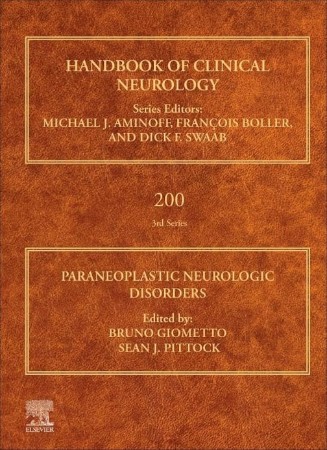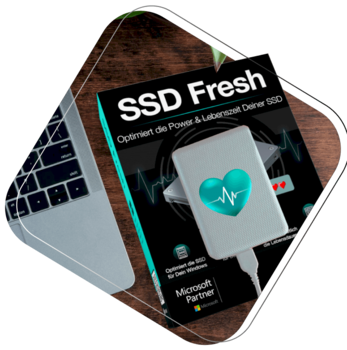Most Commented
Paraneoplastic Neurologic Disorders - Bruno Giometto




Description material

pdf | 62.52 MB | English| Isbn:9780128242179 | Author: Bruno Giometto (Editor), Sean J. Pittock (Editor) | Year: 2024
Description:
This book extensively reviews Paraneoplastic Neurological Syndromes in light of the most recent descriptions of autoantibodies against neuronal cell surface antigens (only partly associated with paraneoplastic disorders) and the introduction of new immuno-oncological drugs that can contribute to causing diseases that are pathogenetically indistinguishable from paraneoplastic syndromes. These two new developments have not been addressed in other volumes available on the market. Section 1 focuses on immunological defense mechanisms against tumors. Besides investigating the pathogenetic mechanisms of these disorders, this section will also explore what the introduction of new drugs used in immune checkpoint inhibitor cancer therapy is teaching us in terms of immunopathogenesis. The second section will present individual syndromes (phenotypical clinical manifestations) of the CNS, PNS, NMJ and muscle. These chapters will, however, be preceded by an epidemiological analysis and a chapter describing the clinical approach to patients with these disorders. Consideration will also be given in specific chapters to general therapeutic strategies and the techniques used to search for diagnostically relevant autoantibodies. Presentation of the individual diseases will be followed by a third section investigating the role of antibody markers, presented in three chapters differentiating cytoplasmic, nuclear and neuronal cell surface reactivities. The innovative component of the final two sections compared to previously published volumes lies in their presentation of the profile of paraneoplastic diseases by tumor type. Special attention will be given to thymoma (involved particularly with novel antibodies against surface antigens), and neuroendine tumours, which are as yet comparatively unexplored in the literature. Lastly, a clinical update will be provided on gynecological, hematological and testicular malignancies. The last section will address side effects of the new immuno-oncological drugs increasingly used in cancer therapy. The high number of neurological complications that occur when tumor checkpoints are inhibited against immune defences provides the ideal experimental model for understanding the pathogenesis of these diseases. - Profiles paraneoplastic diseases by tumor type - Identifies the pathogenetic mechanisms of PNS and provides epidemiological analysis - Presents individual syndromes of the CNS, PNS, NMJ, and muscle - Investigates the role of antibody markers - Differentiates cytoplasmic, nuclear, and neuronal cell surface reactivities - Discusses immune-oncological drugs causing diseases that are indistinguishable from PNS - Reviews therapeutic strategies and clinical approach to PNS patients
Warning! You are not allowed to view this text.
Warning! You are not allowed to view this text.
Warning! You are not allowed to view this text.
Join to our telegram Group
Information
Users of Guests are not allowed to comment this publication.
Users of Guests are not allowed to comment this publication.
Choose Site Language
Recommended news
Commented



![eM Client Pro 9.2.1735 Multilingual [Updated]](https://pikky.net/medium/wXgc.png)





![Movavi Video Editor 24.0.2.0 Multilingual [ Updated]](https://pikky.net/medium/qhrc.png)

